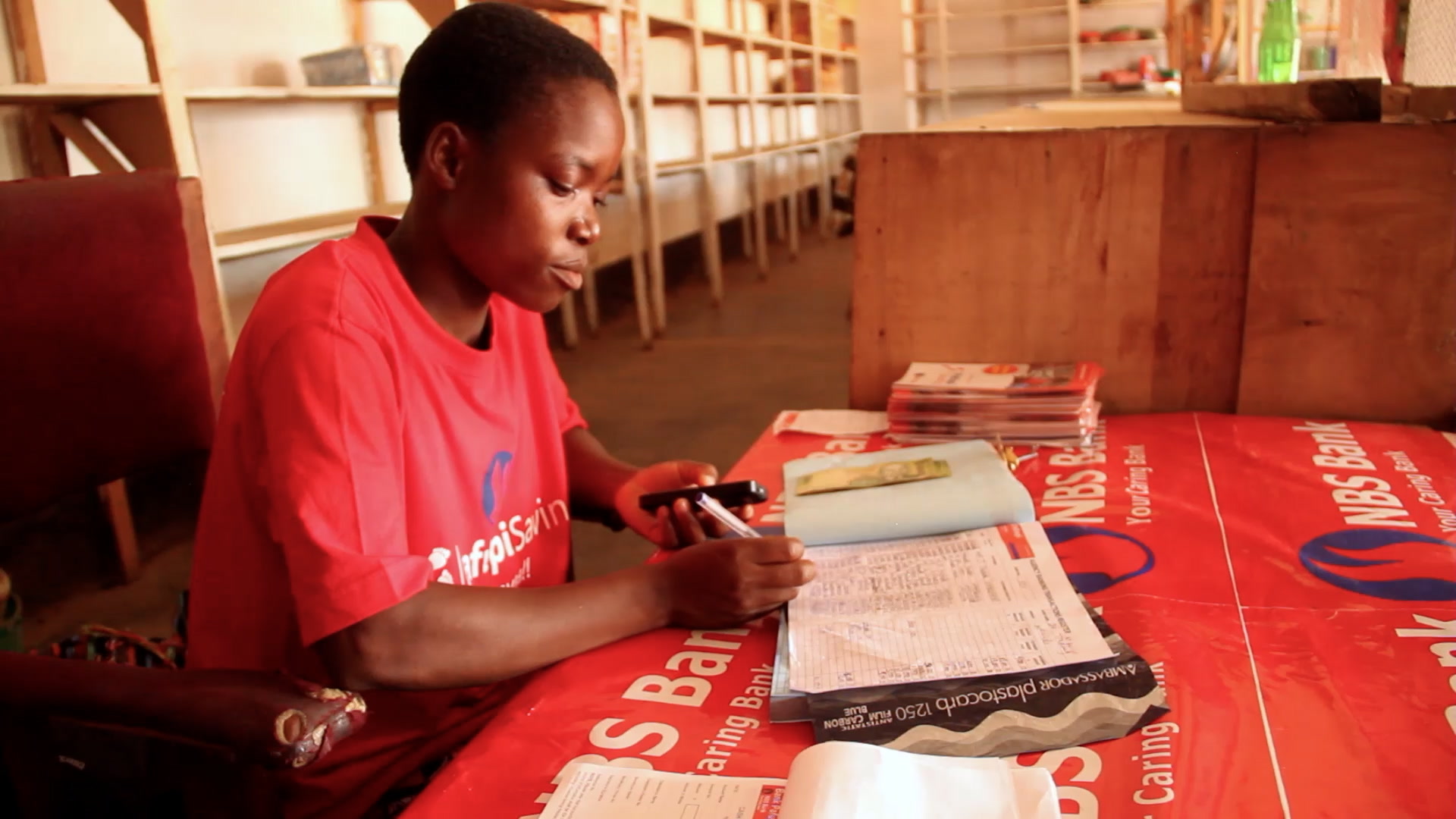The world's unbanked, in 6 charts

In recent years, 700 million adults have become account holders. Image: REUTERS/Nacho Doce

Get involved with our crowdsourced digital platform to deliver impact at scale
Stay up to date:
Banking and Capital Markets
Two billion people worldwide do not have a bank account or access to a financial institution via a mobile phone, or any other device.
But between 2011 and 2014, 700 million adults became account holders, and the unbanked population fell by 20%, down from 2.5 billion. That's according to the World Bank's Global Financial Inclusion database, based on information from more than 140 countries.
According to the World Bank's data, more than 20% of unbanked adults receive wages or government transfers in cash, and many people in developing countries pay bills and school fees in cash.
A 2015 working paper said governments and private companies have a "pivotal role" to play in reducing the number of people who are unbanked. Digitising payments, it said, would also help empower women and encourage their economic participation.
Financial inclusion has been seen as key for reducing poverty: bank accounts have an important part to play in the founding and expanding of businesses, making transactions more efficient, secure and transparent and managing savings. However, savings and accounts do not necessarily reduce inequality within a country, and some of the richest countries in the worldhave the widest gaps between the rich and the poor.
World Bank data also shows:
The lack of a bank account does not necessarily preclude borrowing since people borrow more informally, from family, friends or stores on credit.
Potential growth regions include India, which is home to 21% of the world's unbanked population, and China, home to about 12%.
Women make up just over half (55%) of unbanked people worldwide.
The proportion of people with bank accounts worldwide grew from 51% to 62% between 2011 and 2014.
Keep scrolling for an explanation of the world's unbanked, in charts:
The vast majority (94%) of adults in OECD high income countries said they had a bank account in 2014, while only 54% of those in developing countries did. The Middle East had the lowest proportion of account holders, with only 14% on average.
This map shows the countries where less than 15% of the population has a bank account.
And here's that map explained in more detail.
These 10 countries saw the biggest increases in the number of people with accounts between 2011 and 2014.
The mobile money market is expanding in developing countries in particular. While only 2% of adults worldwide have a mobile money account, 12% of adults in Sub Saharan Africa have one, half of whom have no other account. The countries with the highest percentages of people using a mobile phone to receive money also tend to have a relative scarcity of commercial bank branches, suggesting technology is helping counter physical barriers.
Finally, the most common reason people cited for not having a bank account was they did not have enough money, with only 4% of people saying the only reason they didn't have one was because they didn't need one.
Don't miss any update on this topic
Create a free account and access your personalized content collection with our latest publications and analyses.
License and Republishing
World Economic Forum articles may be republished in accordance with the Creative Commons Attribution-NonCommercial-NoDerivatives 4.0 International Public License, and in accordance with our Terms of Use.
The views expressed in this article are those of the author alone and not the World Economic Forum.
Related topics:
The Agenda Weekly
A weekly update of the most important issues driving the global agenda
You can unsubscribe at any time using the link in our emails. For more details, review our privacy policy.
More on Banking and Capital MarketsSee all
John Hope Bryant
April 11, 2024
Alexandre Raffoul and Kai Keller
April 10, 2024
Alex Edmans
April 4, 2024
Victoria Masterson
March 28, 2024
Kalin Anev Janse and Rolf Strauch
March 11, 2024












